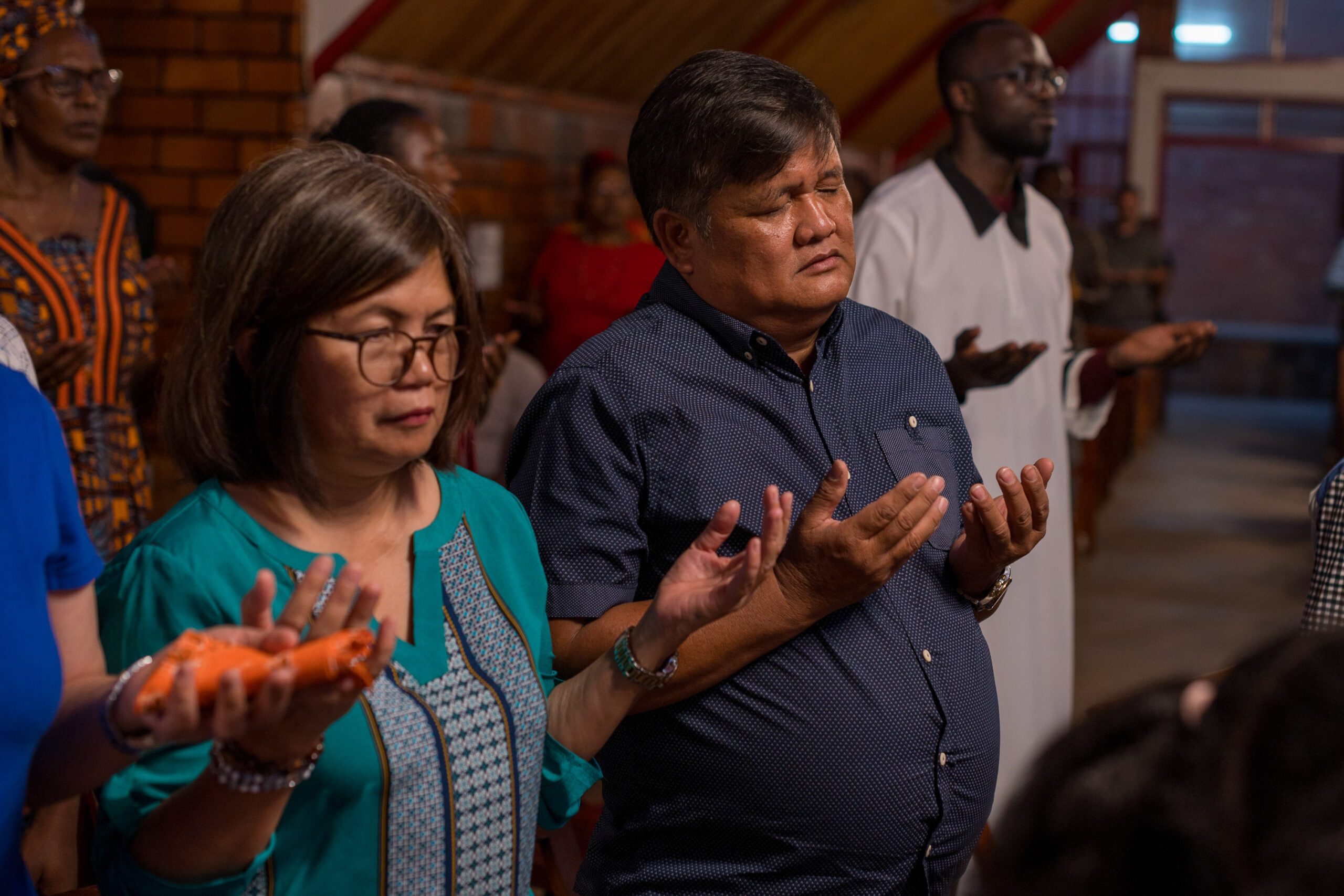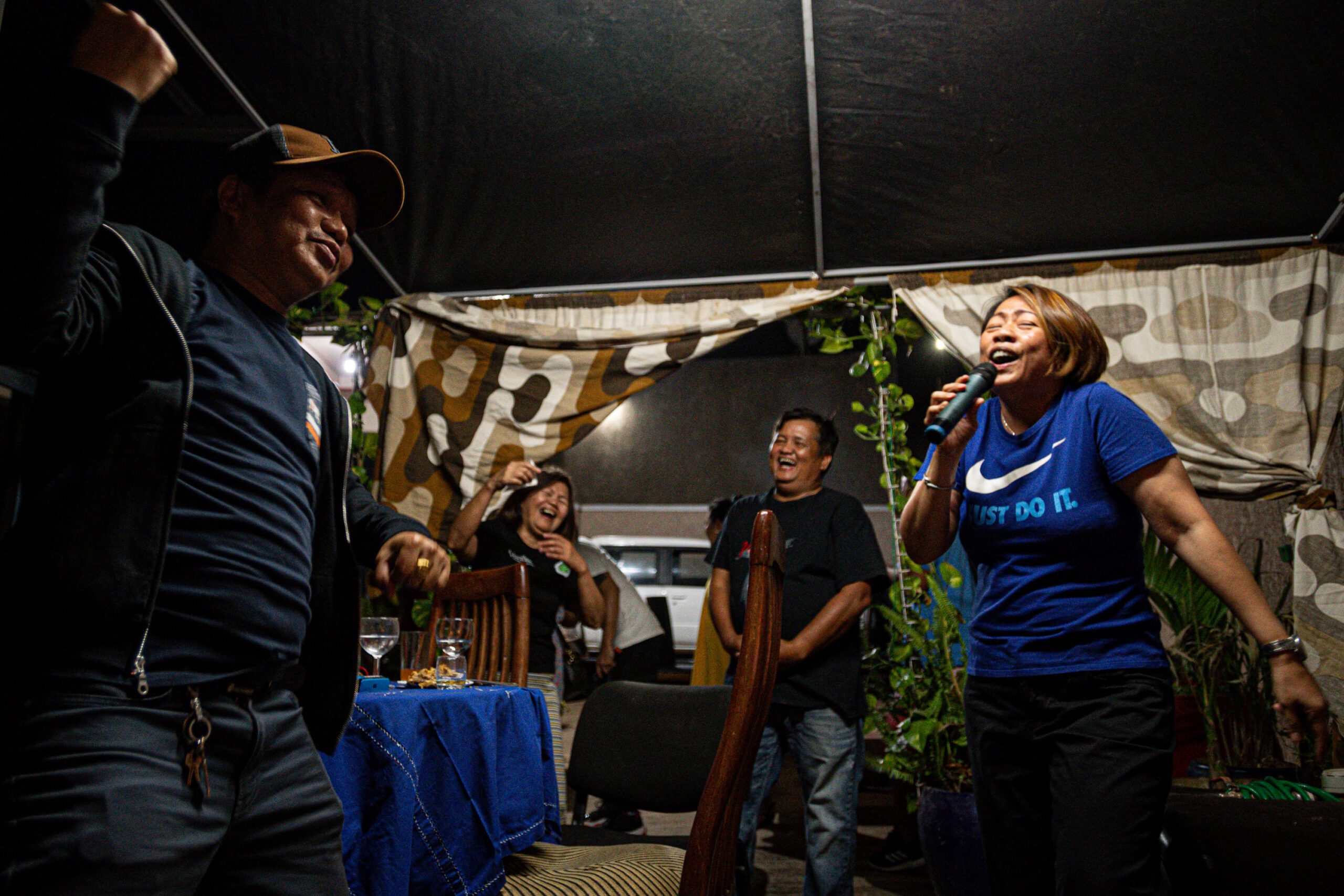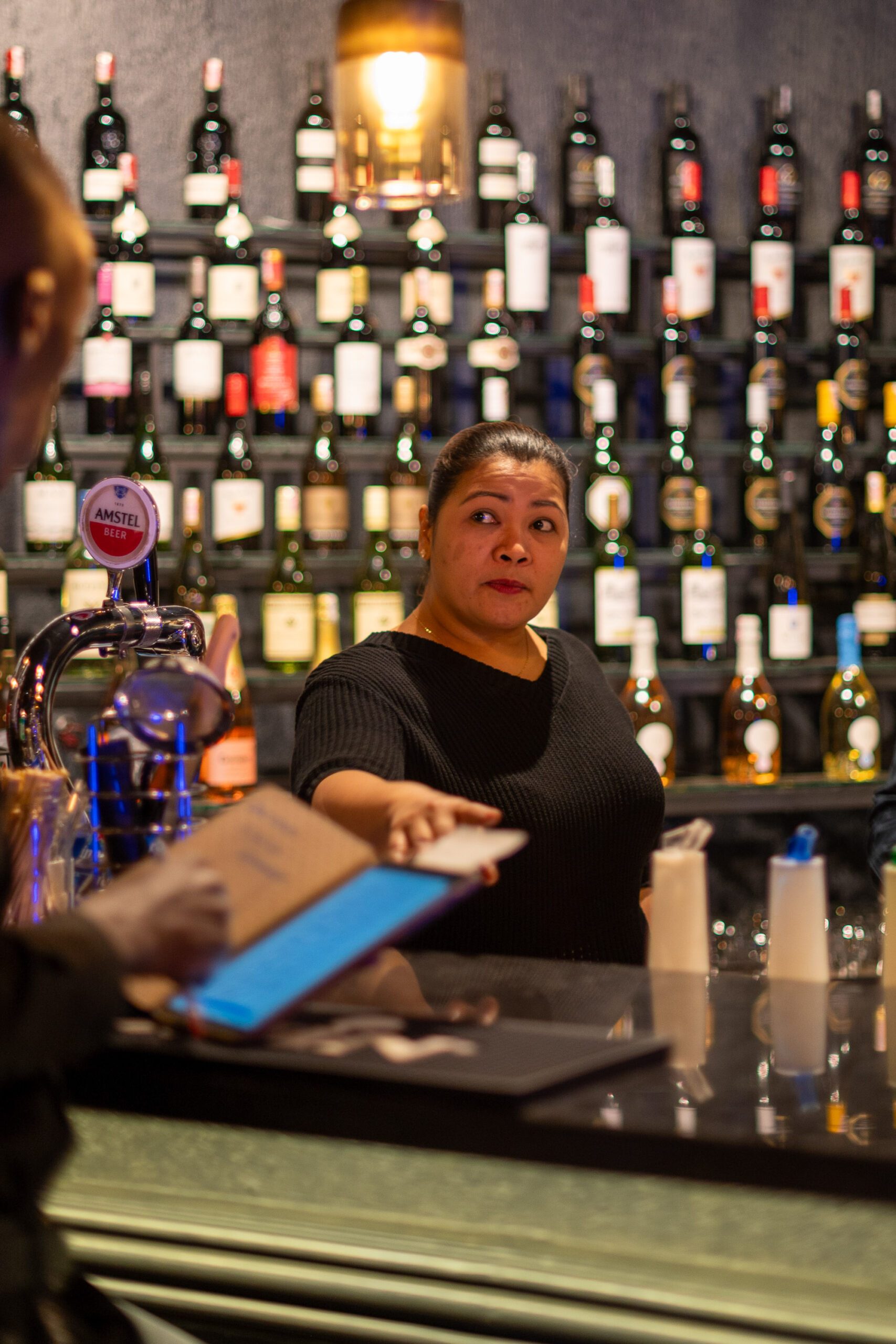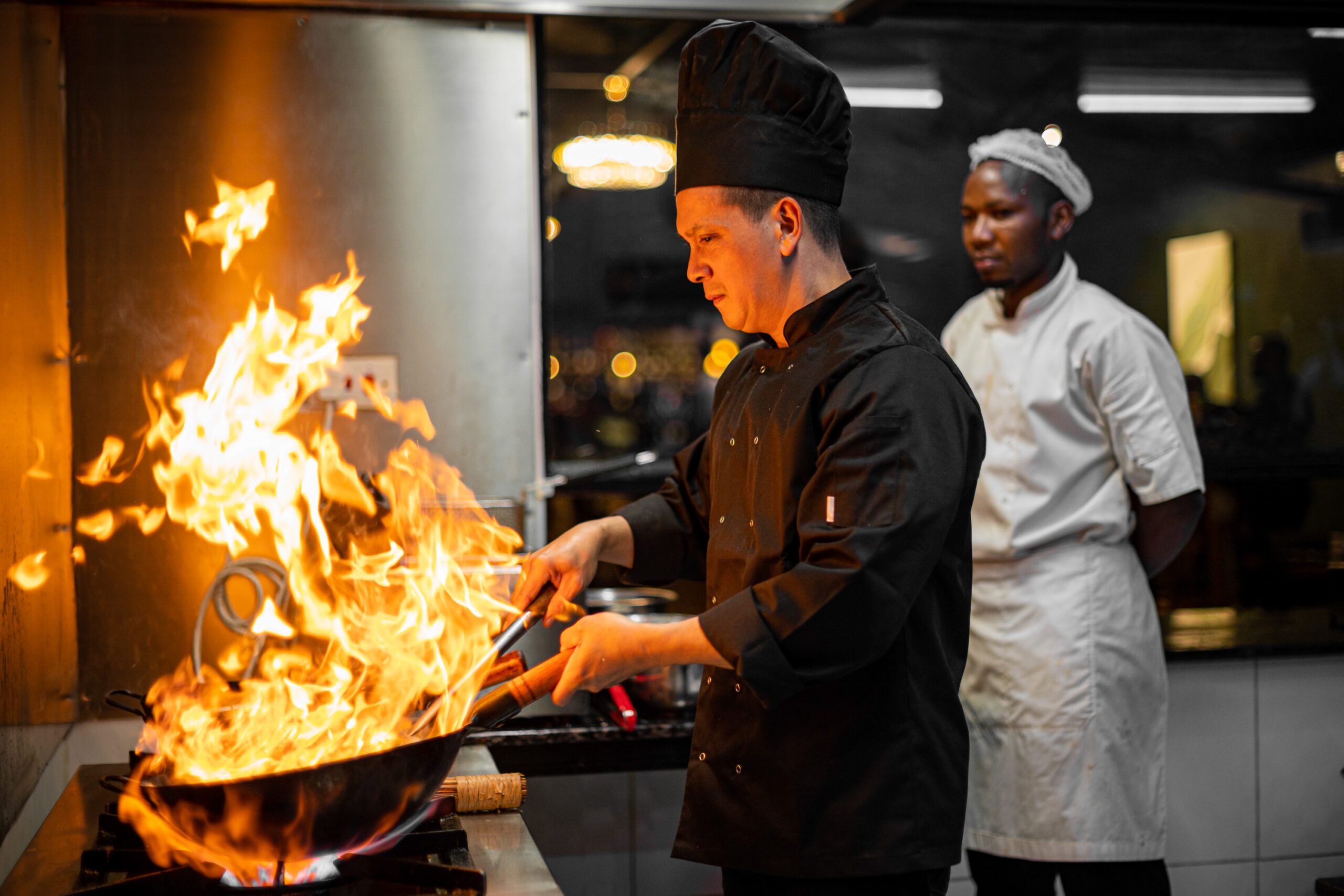‘Living like a king’: Filipinos move to Rwanda for an affordable expat life
5 min readKIGALI, Rwanda – Gilbert Maglaque could not have arrived in Rwanda at a worse time.
He moved to the East African country for a job that paid what would have taken him three to five years to make as a contractor in the Philippines.
But he was unaware that just a few months before, Rwanda had experienced a genocide that claimed the lives of over 500,000 people – and it was his job to clean up the dead bodies.
Then 21 years old, Maglaque arrived in Rwanda in the middle of the night. When the sun rose, he realized that the colorful things he made out in the darkness were the clothes of the genocide victims.
“I asked God, ‘What have I done wrong? Why are you punishing me like this?’” said Maglaque, 54.

He planned to return to the Philippines after a grueling year of rescuing survivors and clearing bodies from the streets. But when he received another high-paying job opportunity that could bring his family to Rwanda instead, he decided to stay.
Almost 30 years later, Maglaque owns a construction company that does business across East Africa.
“Rwanda changed my life,” he said. “Now, I’m living like a king.”
Maglaque is one of many Filipino expats in Rwanda who have higher salaries and larger homes than they would have had in their home country. Rwanda sits on the edge of East Africa, and would take about a 16-hour-long flight from Manila to capital city Kigali, with a necessary stopover.

Despite the perks they enjoy, there are still adjustments that expats need to make.
The quality of education in Rwanda still has a long way to go, said Maglaque. After his children attended international schools in Kigali, he sent them back to the Philippines for higher education.
One of these universities is Ateneo de Manila University, which placed 563rd in the 2024 QS World University Rankings. None of Rwanda’s universities were ranked.
Another aspect of life in Rwanda that required major adjustment is healthcare, said Ludy Pineda, who owns a private dentistry practice in Kigali. She first moved there in 1997, and is now a dual citizen of Rwanda and the Philippines.
“Rwanda still lags in healthcare issues. It’s tough to fall sick here,” she said.
Some American organizations have set up clinics and training programs in Rwanda, including the Yale School of Medicine, which said in an article that Rwanda has one of the best organized healthcare systems in Africa.

However, other Southeast Asian expats said that they would fly out of the country for major surgeries as they felt that they could not trust the services there.
Still, the overall quality of life in Rwanda has improved immensely, Pineda added.
Logistics manager Amy Flor, 51, said that she is happier in Rwanda than she was in the Philippines.
Flor moved to Rwanda 14 years ago with her husband for a work opportunity he received. Even after he returned to the Philippines, she opted to stay.
“Kigali is very progressive and very clean,” she said.
Dubbed “the cleanest city in Africa”, Kigali’s streets are free of trash due to nationwide initiatives to reduce trash, such as a strictly-enforced plastic bag ban.
But one of the biggest changes that she has had to grapple with since moving is food. African and Filipino cuisine are very different, and while Asian goods are becoming increasingly common, ingredients required for Filipino dishes aren’t readily available in markets.
But that didn’t stop Melanie Cordero from setting up her own Filipino restaurant in Kigali.
Cordero and her husband moved to Rwanda 13 years ago, and although her children and newly-built house are in the Philippines, she said Rwanda holds better opportunities for her.
“Life back home was so hard,” Cordero, 53, said.

In Rwanda, which is still developing, Cordero found that her skills were highly-valued in terms of money and social recognition. She said that she earns 10 times more in Kigali than she did in Manila.
The decision to stay in Rwanda was a “no-brainer,” she said.
Social mobility in the Philippines is hard to come by. According to the World Economic Forum’s 2020 report on Global Social Mobility, the Philippines ranked 61st out of 82 countries.
Although President Ferdinand Marcos Jr. said in a recent press conference that progress is under way for overseas Filipinos to come home, Cordero said that she did not earn much from years of working in Manila. Her husband, who worked as a chef, earned only US$800 every month.

At her restaurant, patrons come specifically to see Cordero. She had a group of staff to train, looking to her for instruction. She sends money home to support her children.
“Sometimes I can’t believe that this is my life now. I wouldn’t have dreamed of this when I worked in the Philippines,” she said. – Rappler.com
Nicole Descalsota is a student from the Wee Kim Wee School of Communication and Information at Nanyang Technological University, Singapore.



